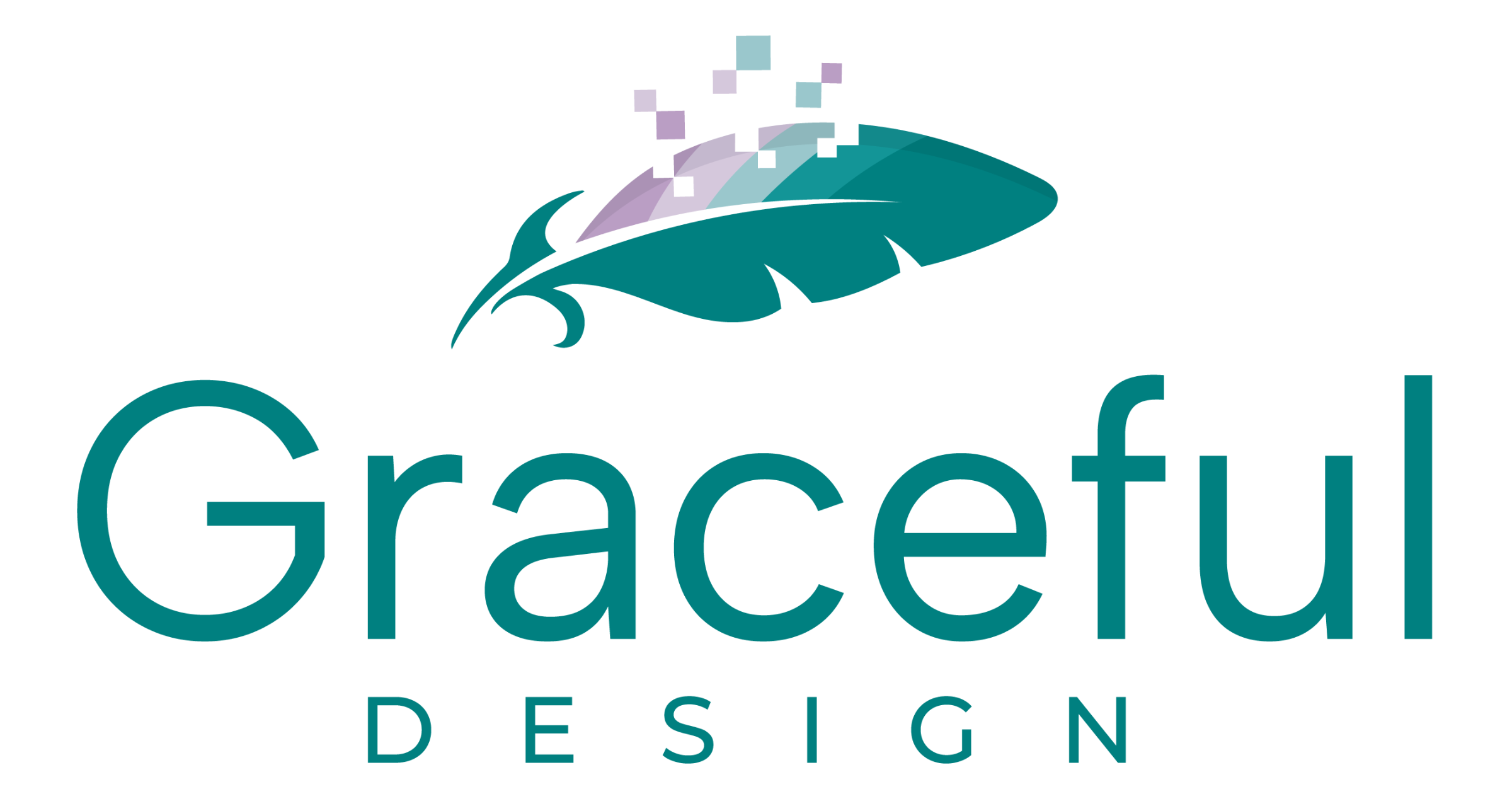It’s easy to stumble across stunning images online that could perfectly complement your website or social media posts. But as tempting as it may be, using someone else’s photos without permission can lead to serious legal, ethical, and financial repercussions.
1. Copyright Laws
Photos and images are automatically protected under copyright law as soon as they are created. This means the photographer or creator holds exclusive rights to how their work is used. By taking photos from someone else’s site, you are infringing on their copyright, which could lead to legal consequences. In some cases, businesses have been sued and faced hefty fines for using images they didn’t have permission to use.
What You Should Know About Copyright:
- Even if a photo doesn’t have a visible watermark or copyright notice, it’s still protected.
- Simply crediting the photographer or linking back to the source doesn’t give you permission to use the photo.
2. Risk of Fines and Legal Action
Using a photo without permission can result in legal action, and the penalties can be expensive. Many professional photographers and stock image sites actively monitor the internet for unauthorised use of their content. If you’re caught using an image without permission, you may be required to pay damages, which could cost you thousands of dollars. This can be especially damaging for small businesses or entrepreneurs just starting out.
3. Ethical Considerations
Beyond legal risks, there’s an ethical issue at play. Using someone else’s work without their permission is essentially stealing. Photographers and artists invest time, money, and skill into creating their images. Respecting their work by not using it without permission upholds ethical business practices and supports creative professionals.
4. Damage to Your Reputation
Imagine a scenario where a photographer contacts you publicly about using their work without permission. This could damage your reputation and credibility, especially on social media, where transparency is key. People expect businesses and influencers to operate with integrity. If you’re caught taking shortcuts, it could lead to lost trust and negative publicity.
5. Watermarked or Low-Quality Images
In some cases, businesses resort to using images with watermarks or download low-resolution versions from websites. Not only is this unprofessional, but it also makes your website or social media appear unpolished. Using low-quality images can diminish the overall aesthetic of your brand, leaving a negative impression on potential customers.
How to Use Images Legally and Safely
Fortunately, there are many ways to legally use high-quality images without risking copyright infringement:
- Purchase from Stock Photo Sites: Websites like Shutterstock, iStock, and Adobe Stock offer millions of images that you can buy or license for a reasonable price.
- Use Free Image Resources: Some sites like Unsplash, Pexels, and Pixabay offer high-quality, royalty-free images that can be used for both personal and commercial purposes. However, always check the terms of use to ensure you’re compliant.
- Hire a Photographer: If you need unique, on-brand photos, consider hiring a professional photographer to create custom images specifically for your website or social media.
- Create Your Own Content: With a good camera or even a smartphone, you can create your own original images, giving you full control over your content while ensuring it aligns perfectly with your brand.
- Seek Permission: If you find an image you absolutely want to use, contact the owner and ask for permission. They may grant you a licence, especially if you offer to credit them.
Even though the internet is full of accessible images, it’s essential to remember that these photos are protected by copyright laws. Using someone else’s images without permission not only violates these laws but can also hurt your brand’s reputation. To ensure your website and social media stay compliant, invest in stock photos, hire a photographer, or take your own photos. It’s a small step that can save you from much larger problems down the road.
